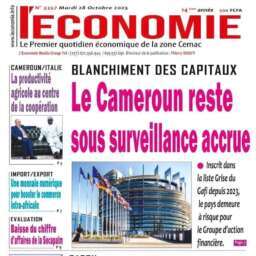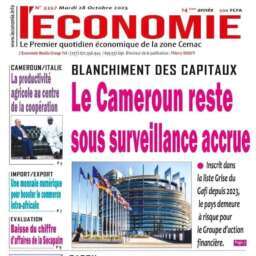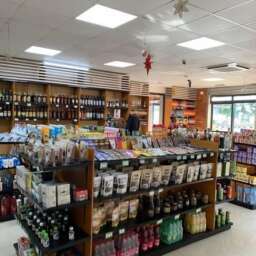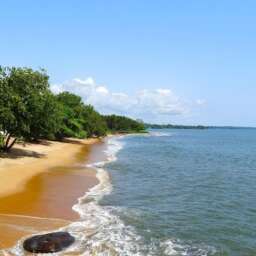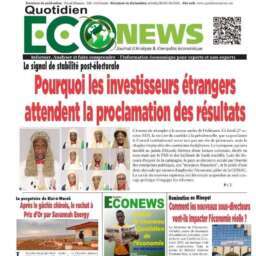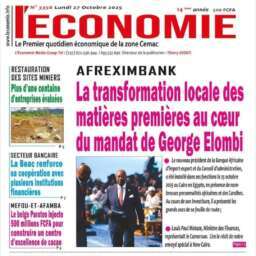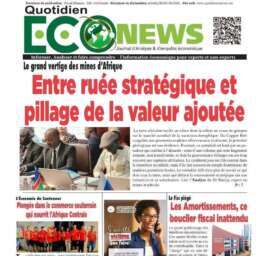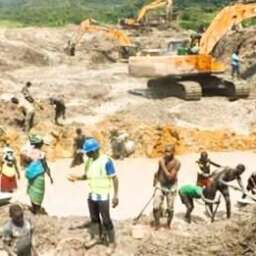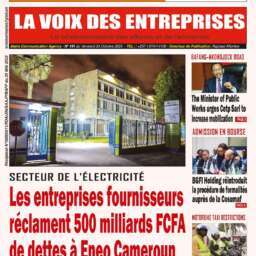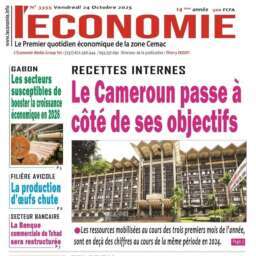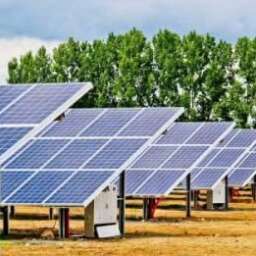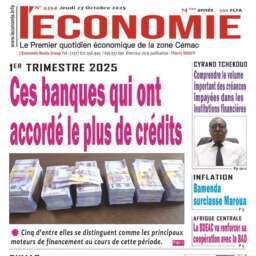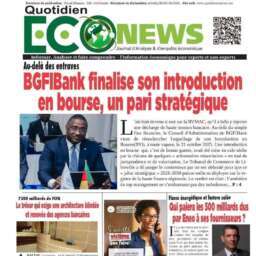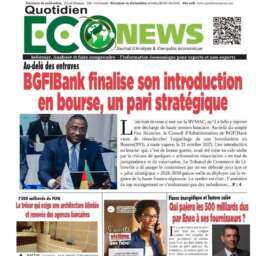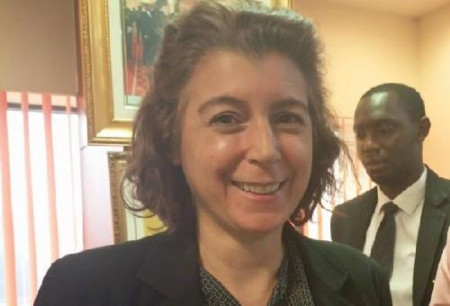(Business in Cameroon) – Cameroon’s Minister of Forests and Wildlife, Jules Ndoret Ndongo, met earlier this week with a World Bank delegation led by Guillemette Jaffrin, deputy director of operations for Cameroon. The meeting focused on a new regional initiative aimed at transforming the forest sector in the countries of the Congo Basin.
“We’re starting discussions with the Ministry of Forests about a new World Bank initiative to support sustainable forest economies in the Congo Basin. It will be a regional effort involving the six countries in the Congo Basin, and Cameroon has shown interest. So, we’re starting early talks about which activities we could support in Cameroon to promote sustainable forest economies,” Jaffrin said in an interview with national radio after the meeting.
The initiative will include Cameroon, the Central African Republic, the Democratic Republic of Congo (DRC), the Republic of Congo, Equatorial Guinea, and Gabon. Known as the “lungs of Africa,” the Congo Basin plays a critical role in regulating the global climate, absorbing six times more carbon dioxide than the Amazon forest, according to experts. However, deforestation and illegal resource exploitation threaten the forest’s ability to combat climate change and support millions of people’s livelihoods.
The meeting also focused on setting priorities for local wood processing and supporting private sector growth to boost the entire forestry sector in Cameroon. Much of the wood extracted from the Congo Basin is currently exported as raw logs, limiting revenue and local job opportunities, according to the World Bank. By investing in sustainable forest management and value-added processing facilities, the World Bank believes the region’s countries can create jobs, spur economic growth, and reduce deforestation.
In April, Cameroon’s Ministry of Forests and Wildlife issued an order banning the export of 76 types of wood as raw logs to promote local processing. This decision anticipates a gradual ban on log exports that the CEMAC countries (Cameroon, Congo, Gabon, Equatorial Guinea, Chad, and CAR) and the DRC will implement starting in 2025, with full enforcement expected by 2028. Cameroon has imposed extra taxes on raw and semi-processed wood exports, such as sawn timber, for nearly a decade in preparation for this ban. Minister Ndongo noted that the list of banned wood species will likely expand over the years, explaining that the goal is to “minimize the immediate negative impacts on revenue from implementing this decision and focus on the economic and financial benefits of local processing.”
Jaffrin emphasized that the initiative’s two main objectives are to support forest conservation and contribute to local economic development and job creation. The forest sector accounts for up to 9% of the GDP of Congo Basin countries and employs between 300,000 and 500,000 people, according to the World Bank. The Center for Global Development estimates that the carbon sequestration services provided by this forest are valued at around $55 billion per year, representing 36% of the region’s GDP in 2021.
Through this initiative, the World Bank aims to strengthen its support for forest ecosystems via its global forest challenge program. The initiative also seeks to improve governance, ensure compliance with international standards, and create an environment that attracts private sector investment. At the same time, it will focus on protecting high conservation value forests and biodiversity in the world’s second-largest tropical forest. The plan will also aim to improve the quality of life for local communities by clarifying land ownership, securing forest rights, and providing access to clean cooking energy.



